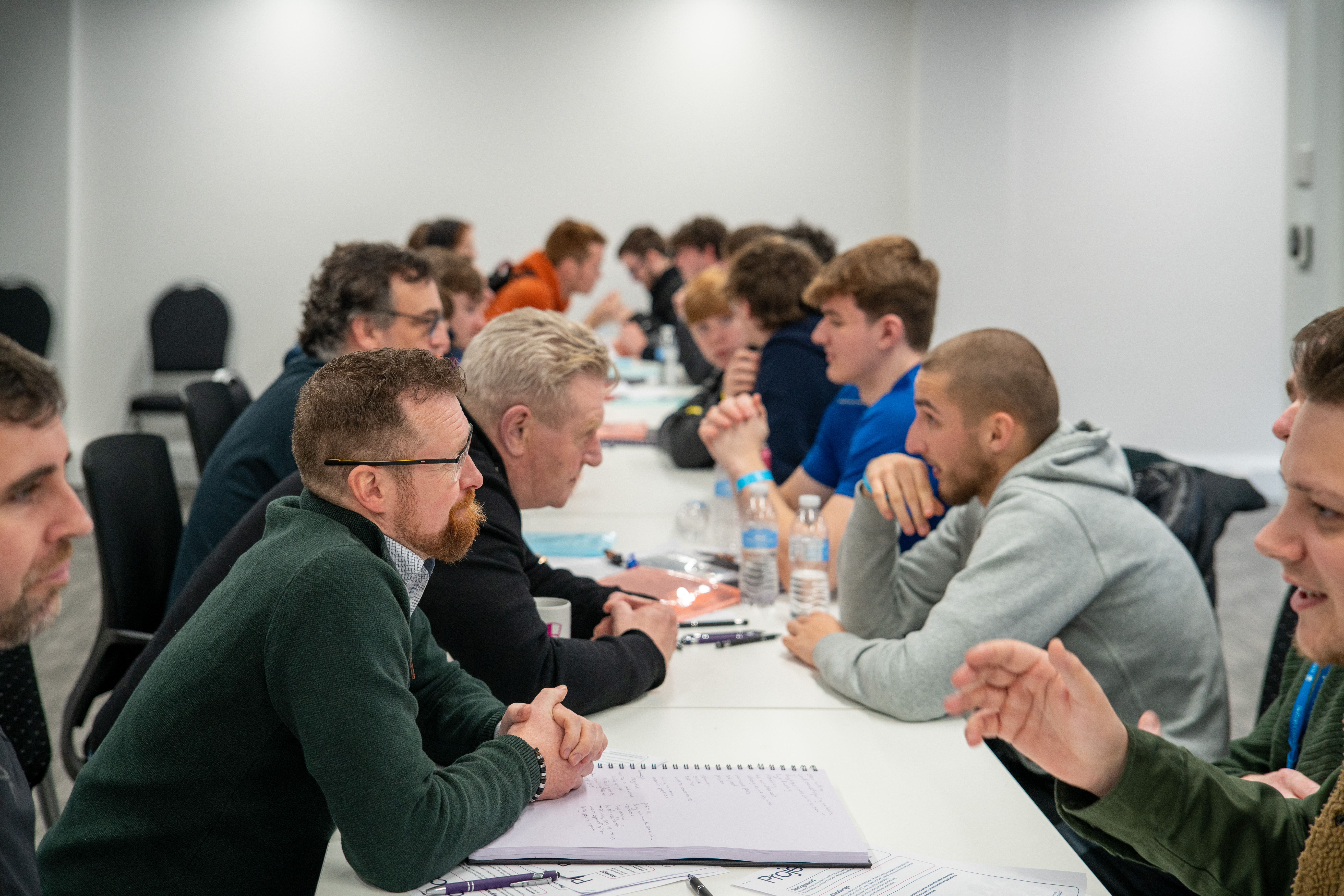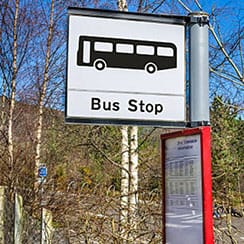Whilst in Liverpool’s Princes Dock, the HMS Prince of Wales, one of the most powerful surface warships ever constructed in the UK, offered limited opportunities for people to climb aboard. Along with her sister ship HMS Queen Elizabeth, they are the largest ships ever built for the Royal Navy. Tutors Phil Jackson, Kevin Toole and Derek Hughes were very lucky in securing enough tickets to take 31 of our Engineering students on board.
They had the privilege of experiencing a whistle-stop tour from one of the Royal Navy Officers, who showed them all round the ship. He took them up onto the flight deck and showed them the insides of an Agusta Westland Wildcat Helicopter, used in search and rescue operations as well as other military roles.
Below deck they got up close to a Chinook helicopter, the centrepiece of a large engineering networking event, exposing the students to leading engineering companies, including BAE Systems.
During the tour, the officer revealed that although the Prince of Wales is supposed to be identical to the HMS Queen Elizabeth, due to miniscule variances in the welding, it actually ended up being 7cm wider!
The group also attended a talk from one of the Senior Officers, who welcomed them on board and talked about the logistics of operating such an important vessel. He explained that due to its magnitude, when on tour, it must be accompanied by other Naval frigates such as Type 45 Destroyers and submarines such as the Astute Class, for protection.
Phil Jackson, our Curriculum Leader for Engineering said that “experiences like this are beyond compare for enriching our students’ learning. Whilst this was an exciting day out for everyone, it was invaluable for inspiring our learners to become world class engineers. It shows that there are real opportunities to get into engineering, working on projects of this scale, whether that is in private industry, British Aerospace or with the Royal Navy Engineers. A Level 3 qualification is an important step towards these careers.”






.png)
.png)





